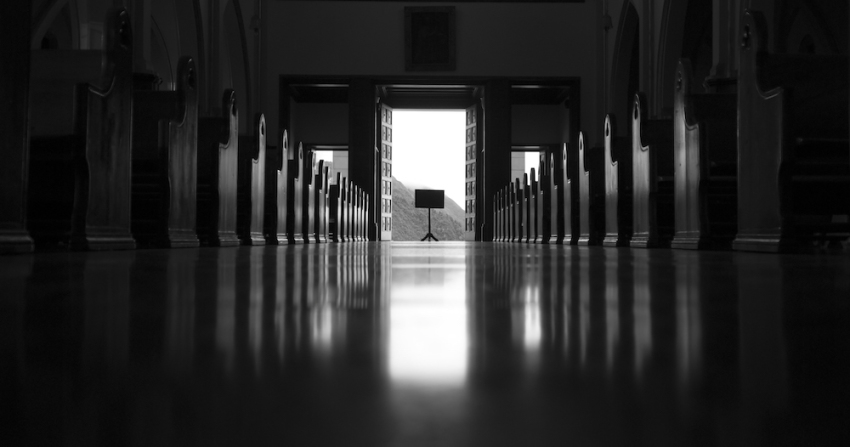Texas city to stop charging churches higher water rates than businesses: settlement

A Texas town has reached a settlement with three churches in which the local government agreed to modify its water rate system that previously charged houses of worship a higher rate than area businesses.
The city of Magnolia agreed to a settlement with Magnolia Bible Church, Magnolia’s First Baptist Church, and Believers Fellowship earlier this week in response to the lawsuit.
City officials agreed to treat houses of worship and businesses equally when charging for water use, and in response, the three congregations agreed to drop their lawsuit, reported The Texan.
The churches were represented by the legal group First Liberty Institute of Plano, Texas, as well as the international law firm Baker Botts.
“Our clients are thrilled that, because of this agreement, they can turn to what they do best: care for their community in partnership with the city,” said Jeremy Dys of First Liberty in a statement released Thursday.
In May 2019, the three churches sued Magnolia over a local ordinance for tax-exempt entities that increased water use fees by changing their status from “commercial” to “institutional.”
The ordinance, which was adopted in 2018, reportedly came as a way to help close a financial gap between the growing cost of providing water with revenues not increasing fast enough.
“This new ‘Institutional Water Rate’ marked a dramatic shift in the status quo. Under the city’s old water rate, ‘institutional’ users such as churches paid the same rate as commercial users,” stated the lawsuit.
“But under the new rate, the city now forces them to pay a significantly higher rate than that of their commercial counterparts.”
After the city threatened the churches with contempt of court regarding an earlier decision, the churches filed for a new trial regarding the water use ordinance.
The request for a new trial was granted by a district court and then upheld by the Texas Court of Appeals, Third District, in a per curiam opinion delivered in December 2020.
“Invalid service prevents a party from participating in a trial on the merits, and the remedy for that denial of due process is a new trial,” concluded Chief Justice Jeff Rose in a concurring opinion to the Appeals decision.



























